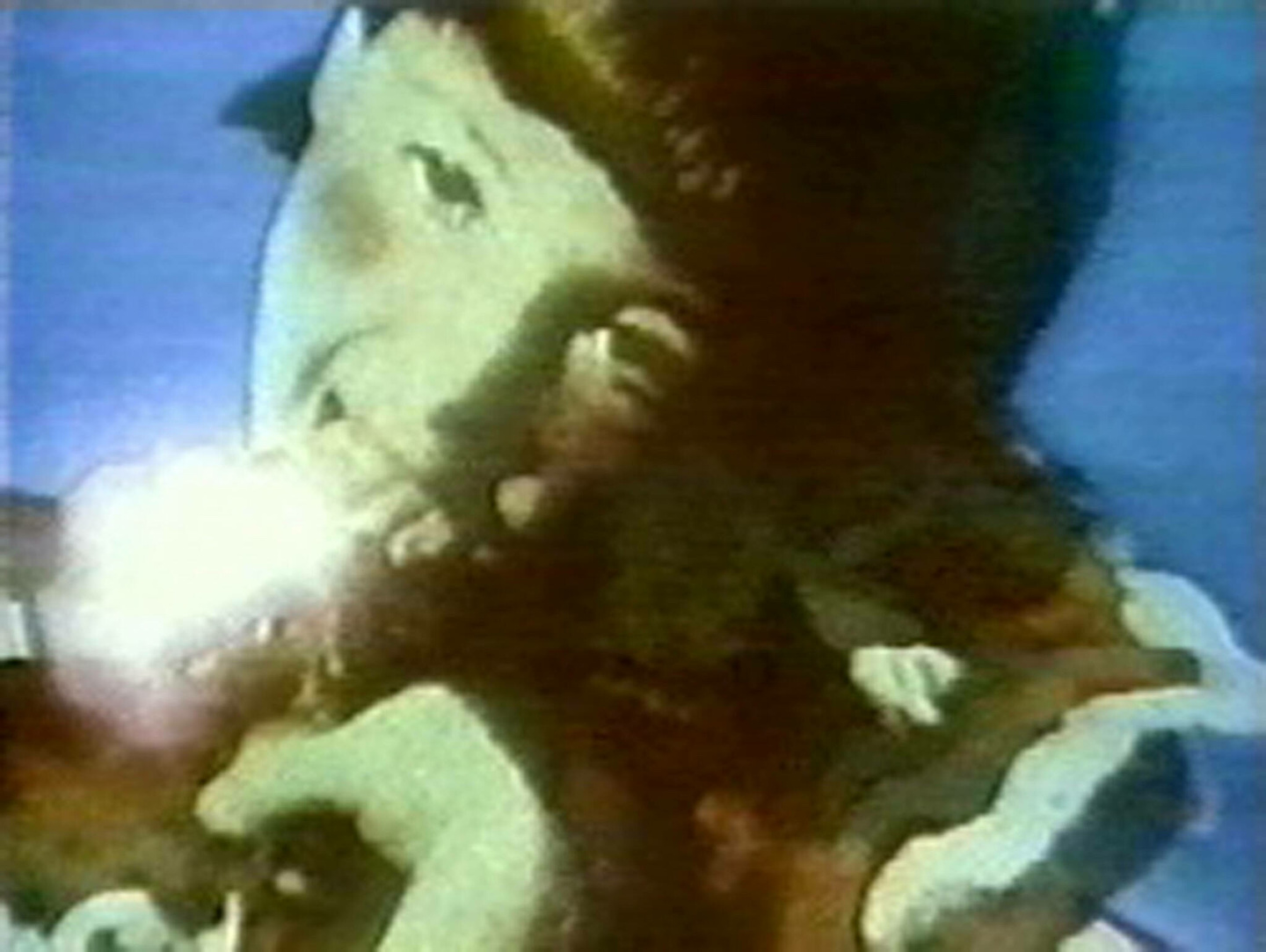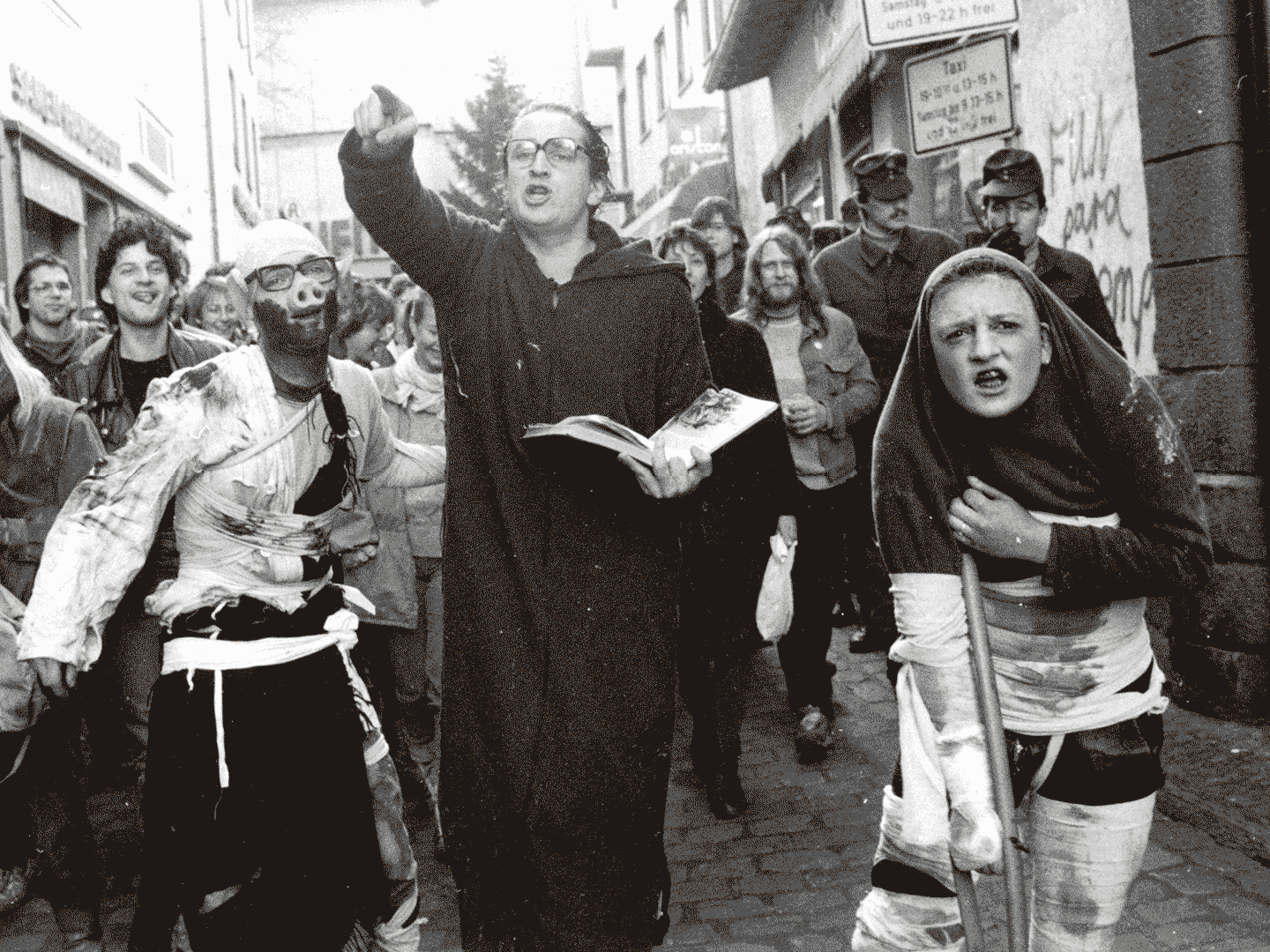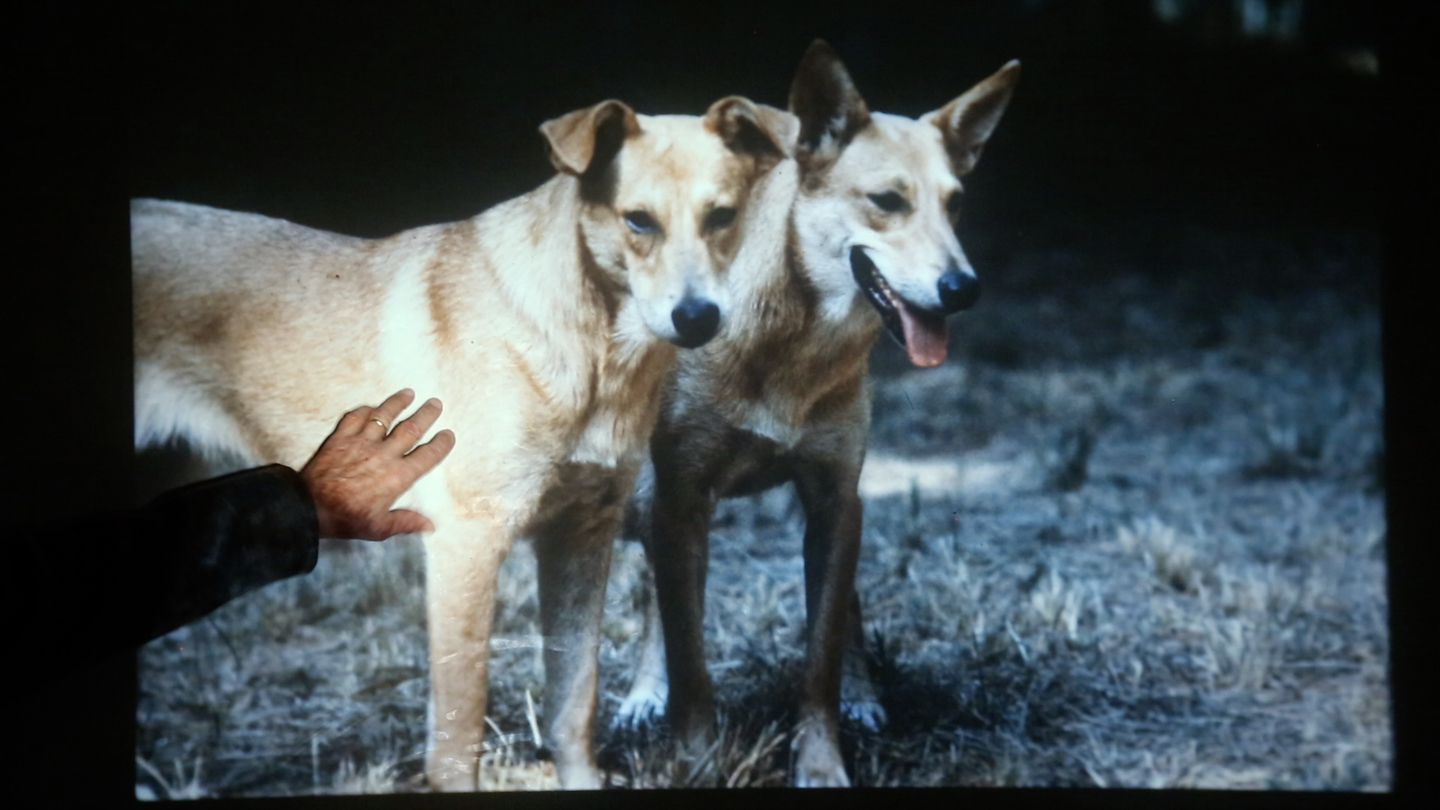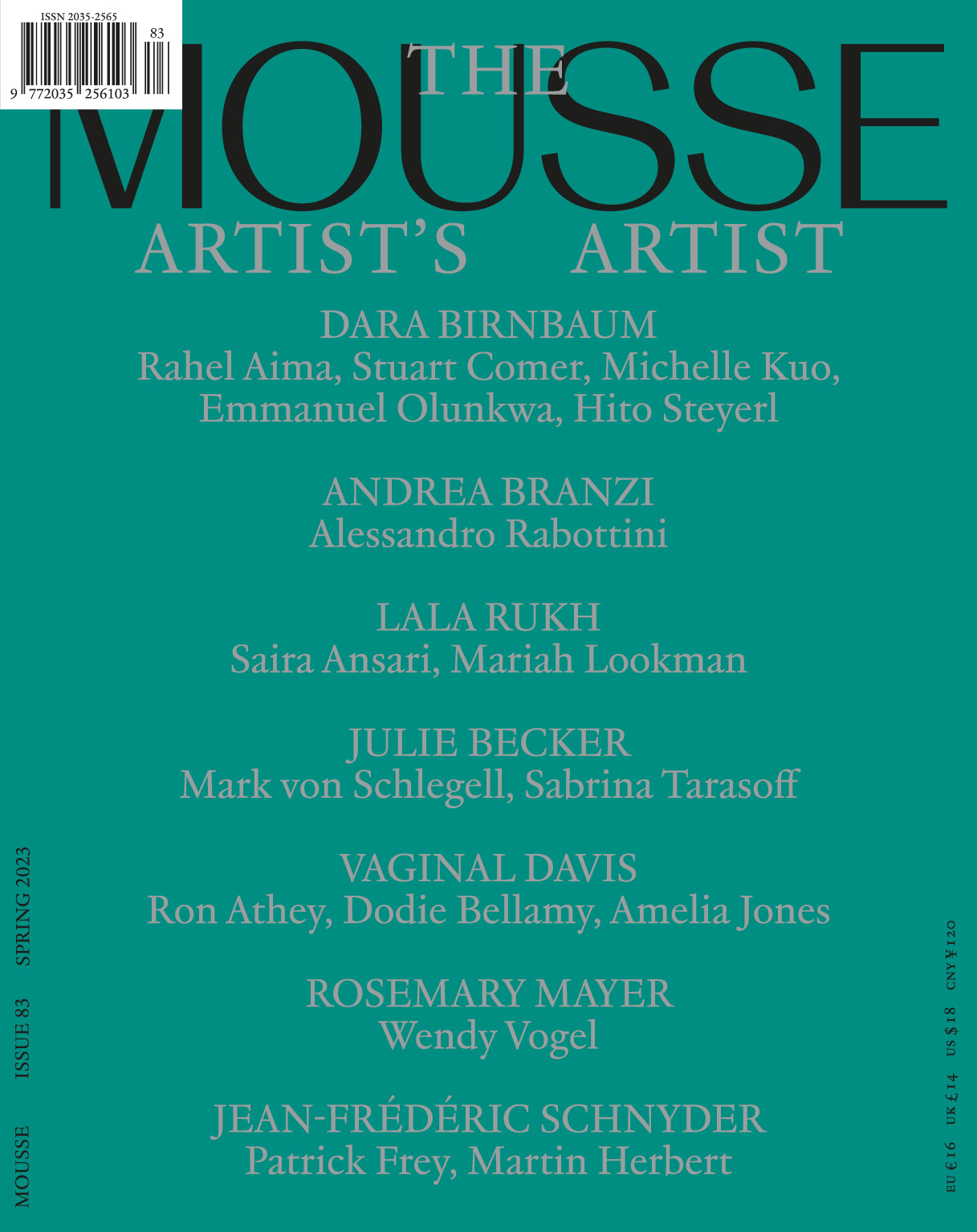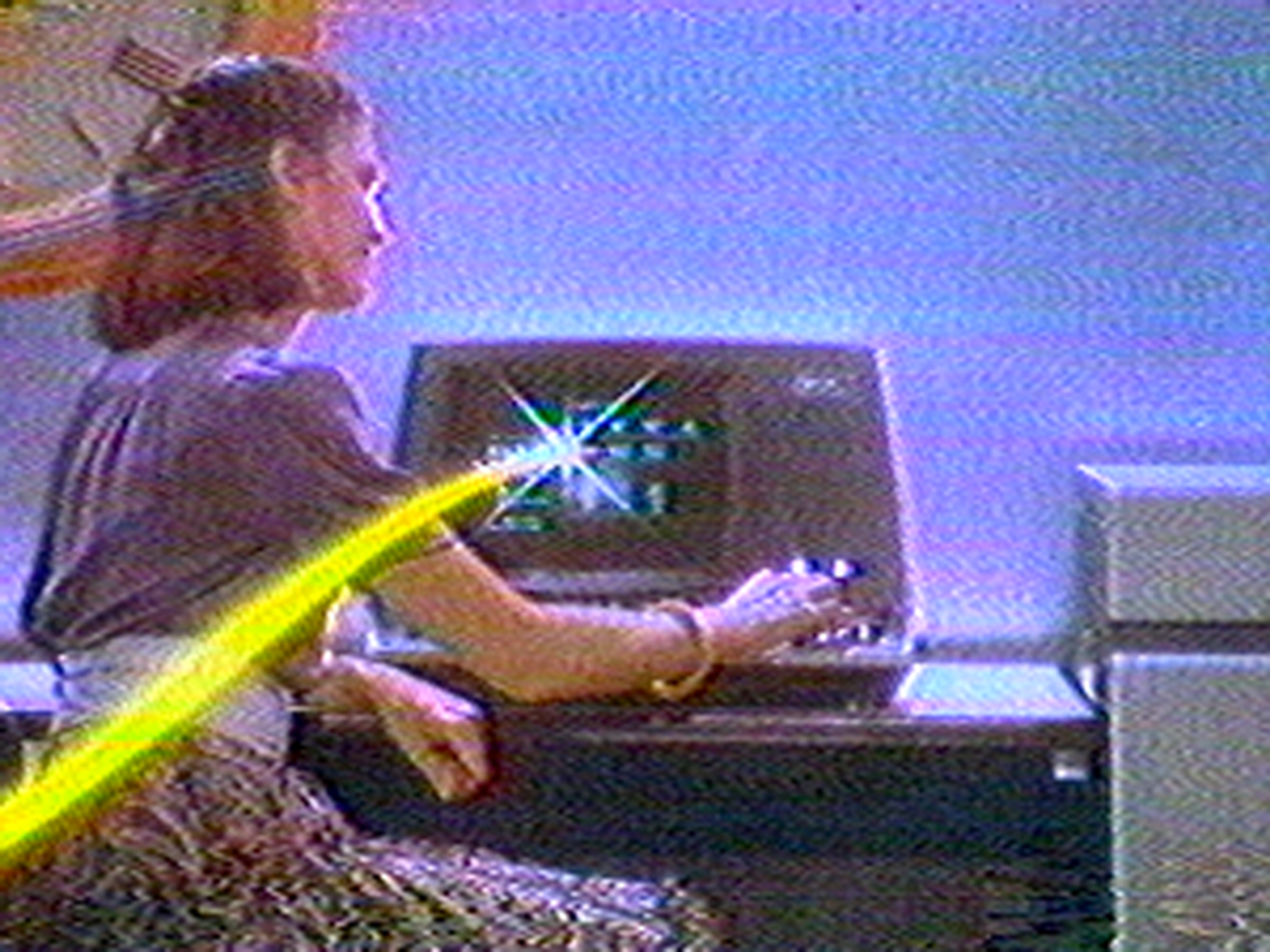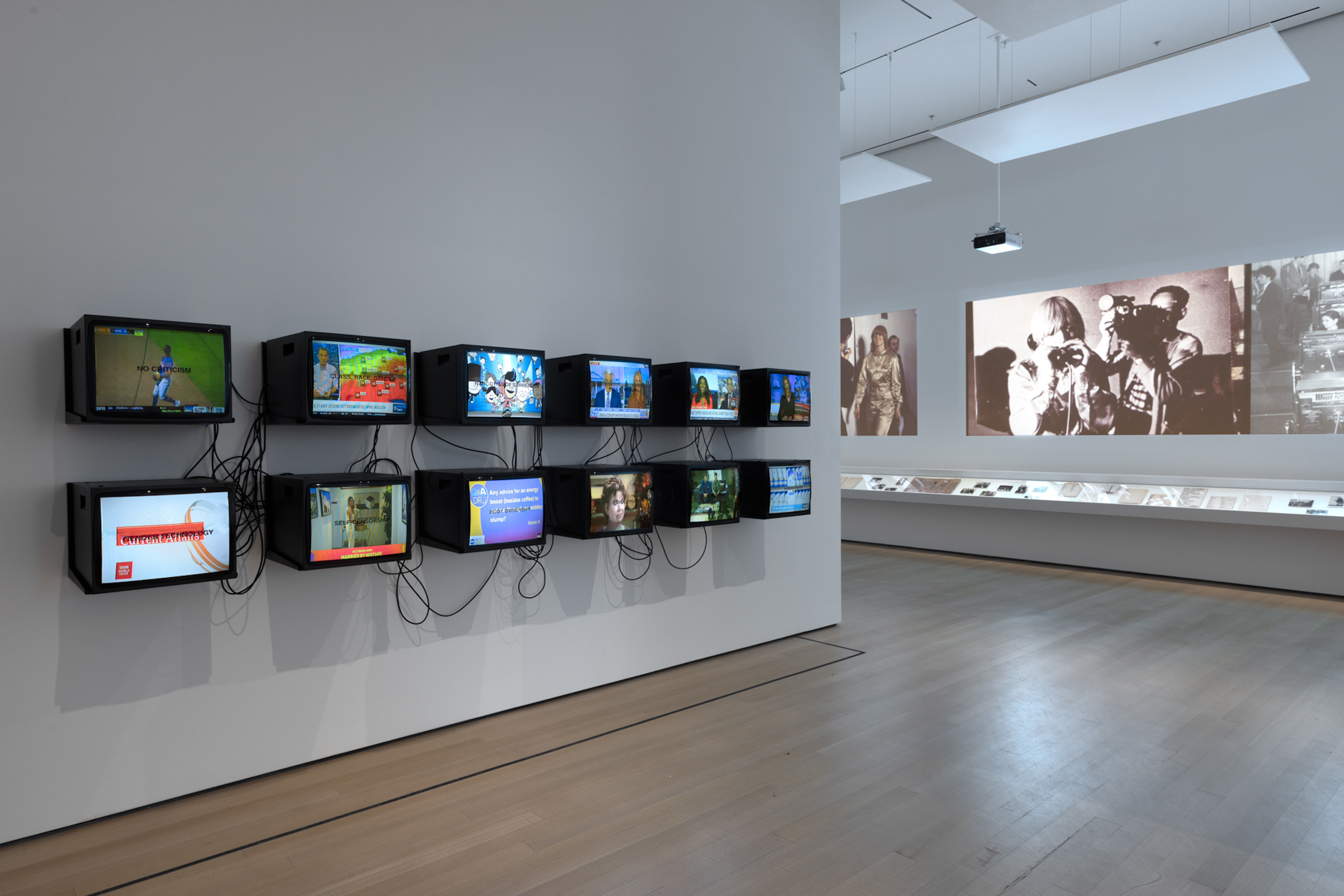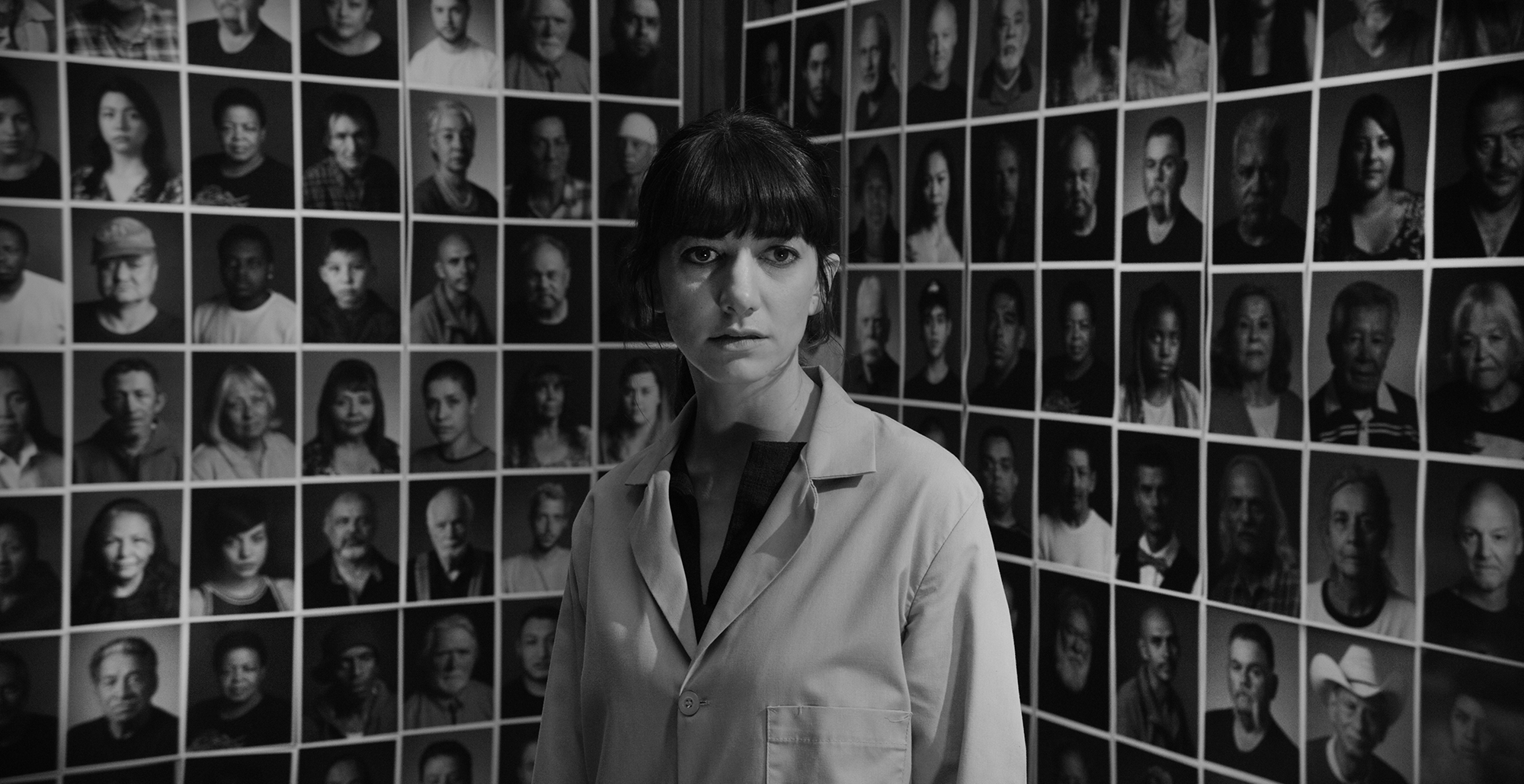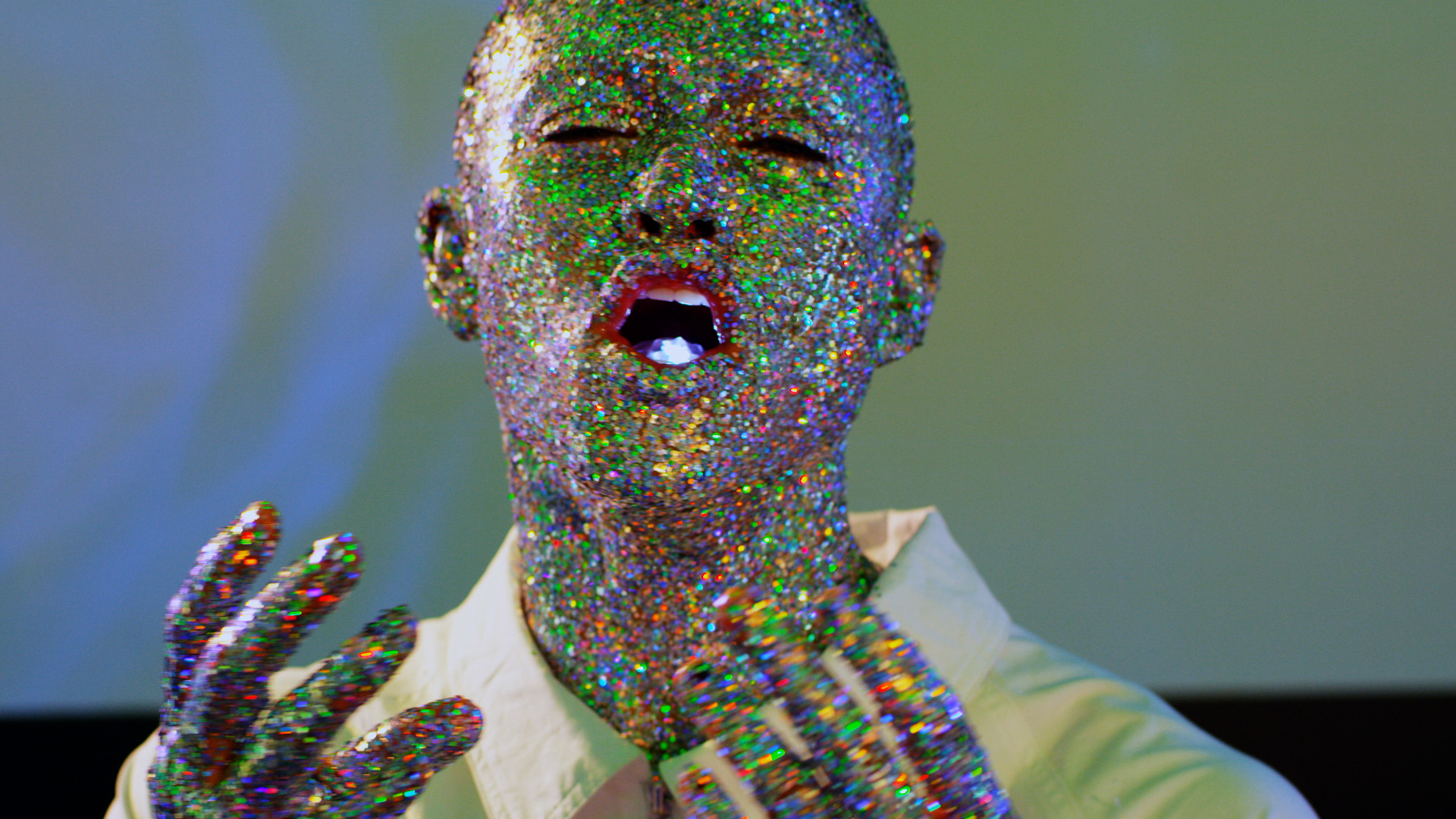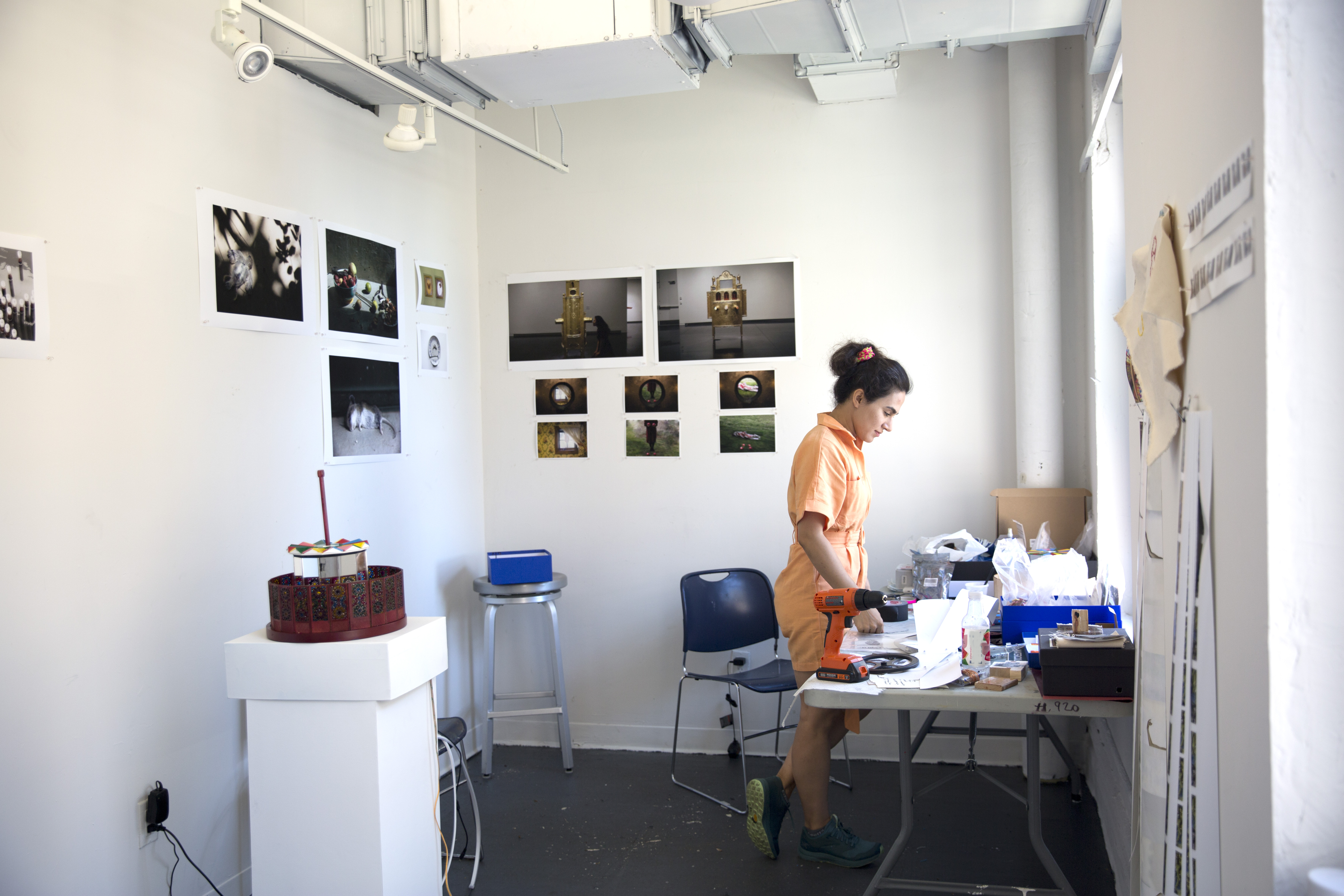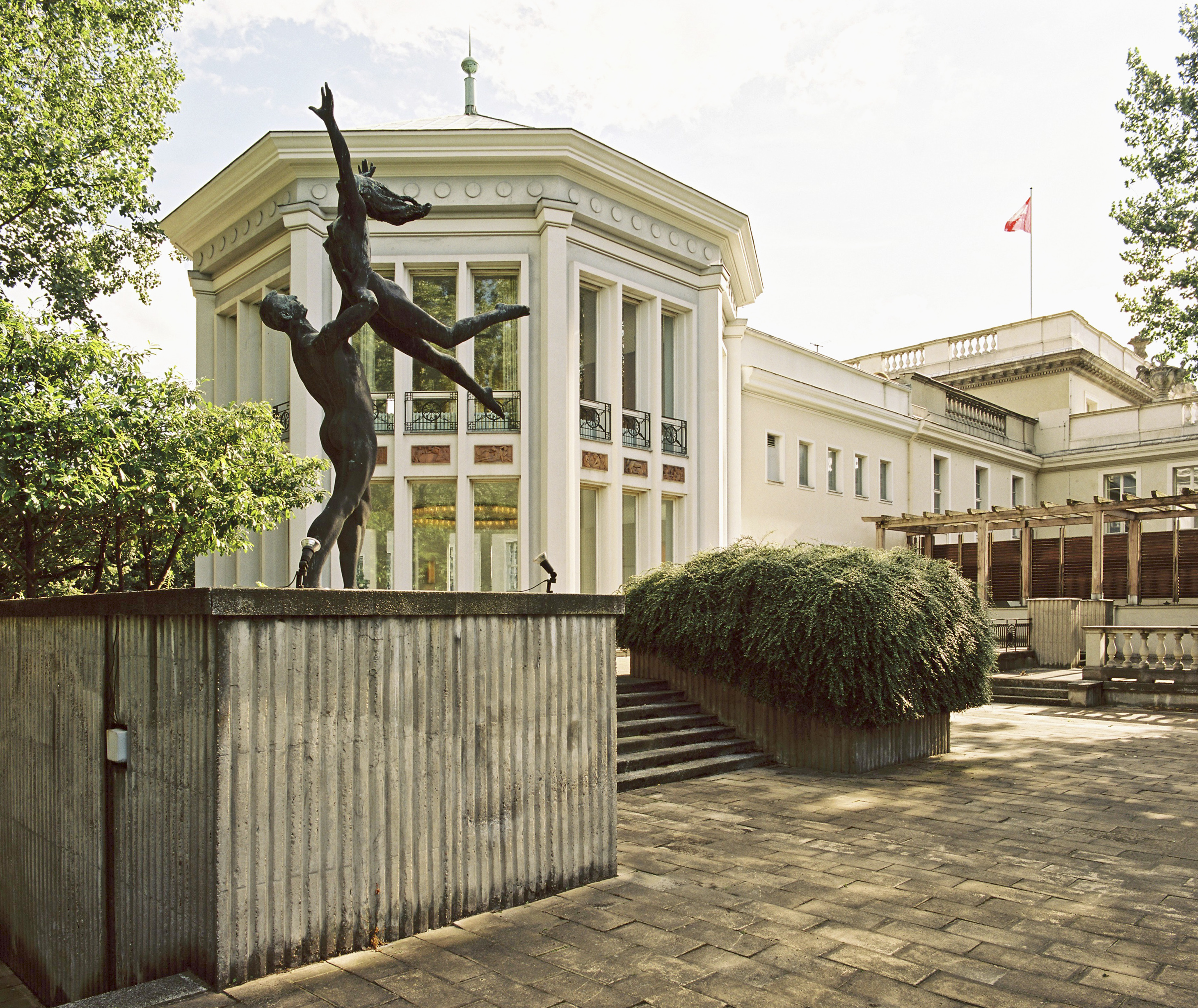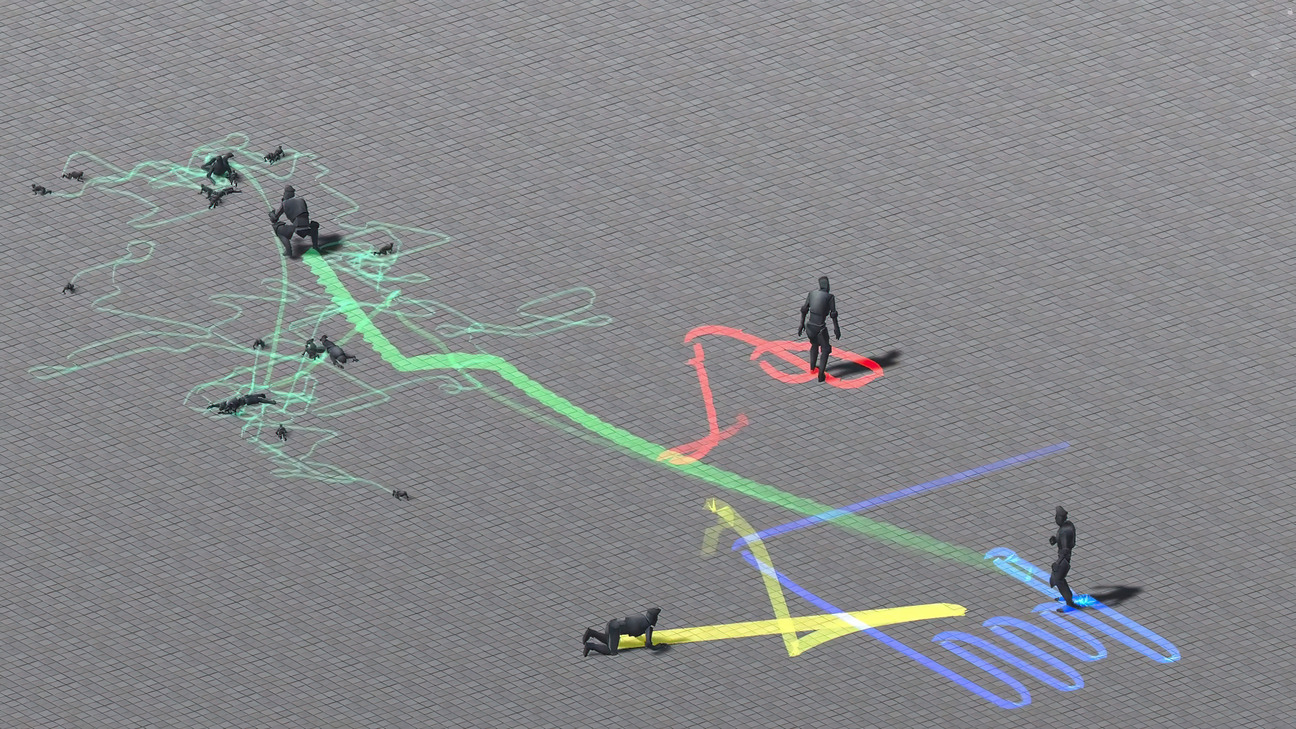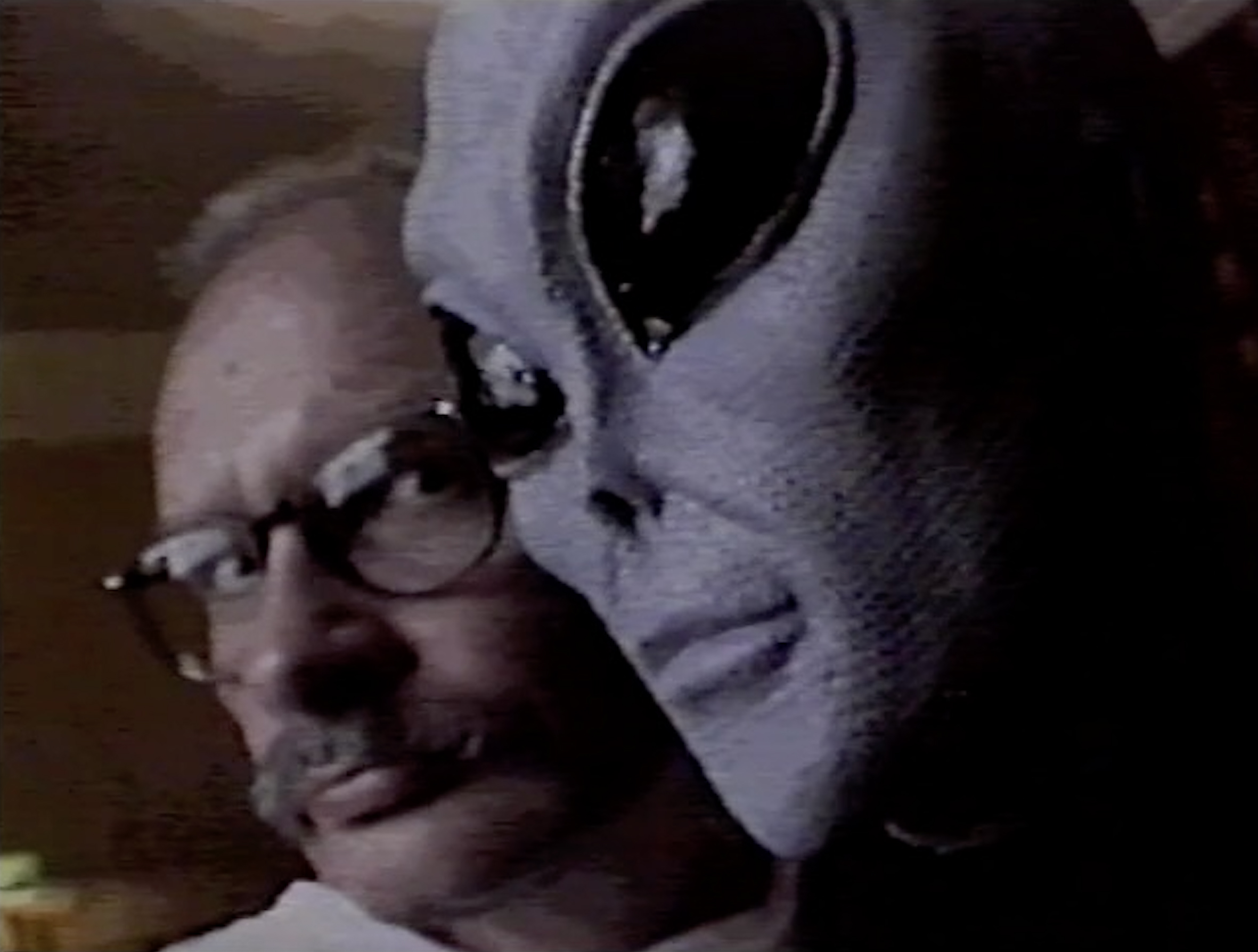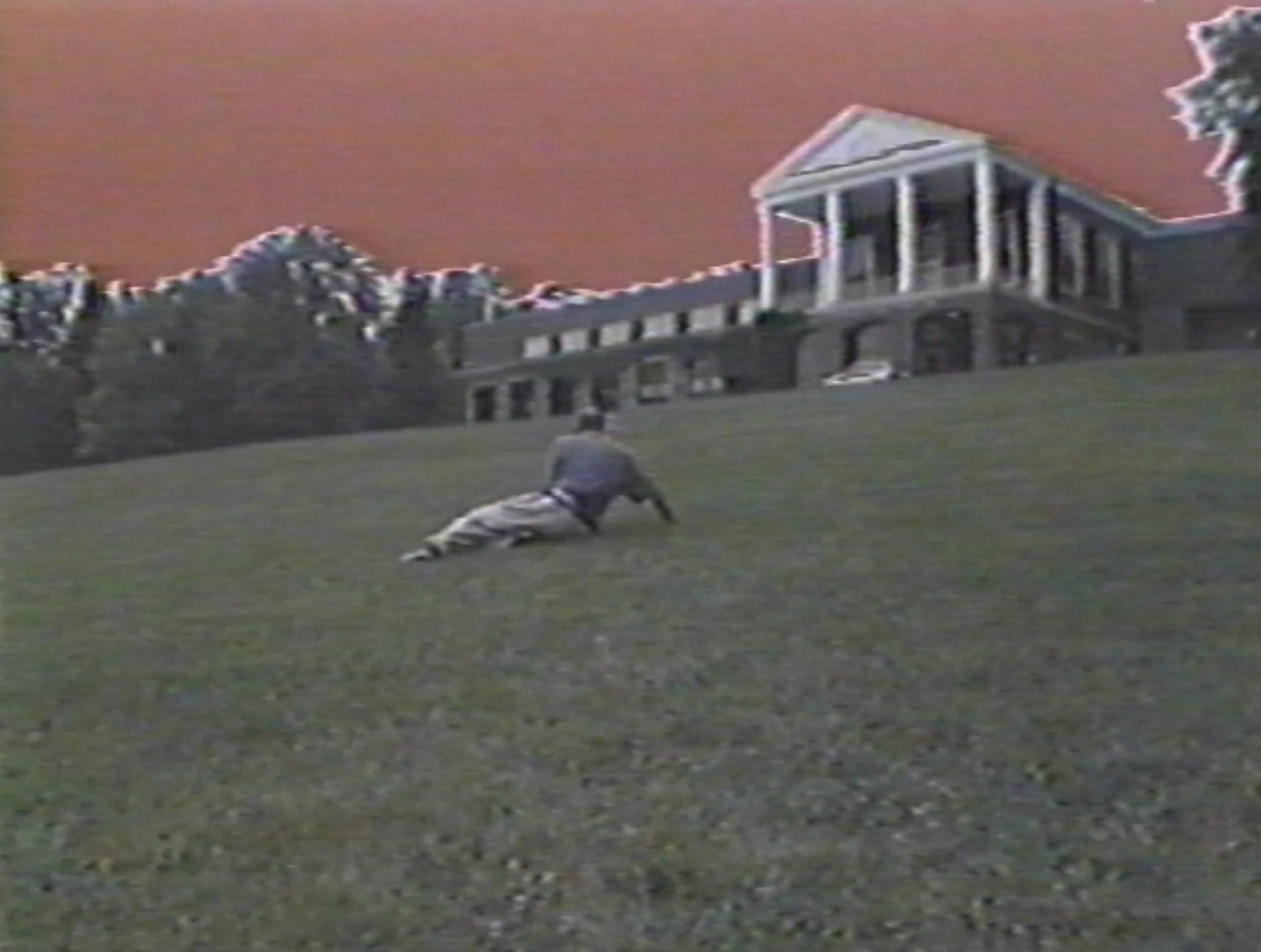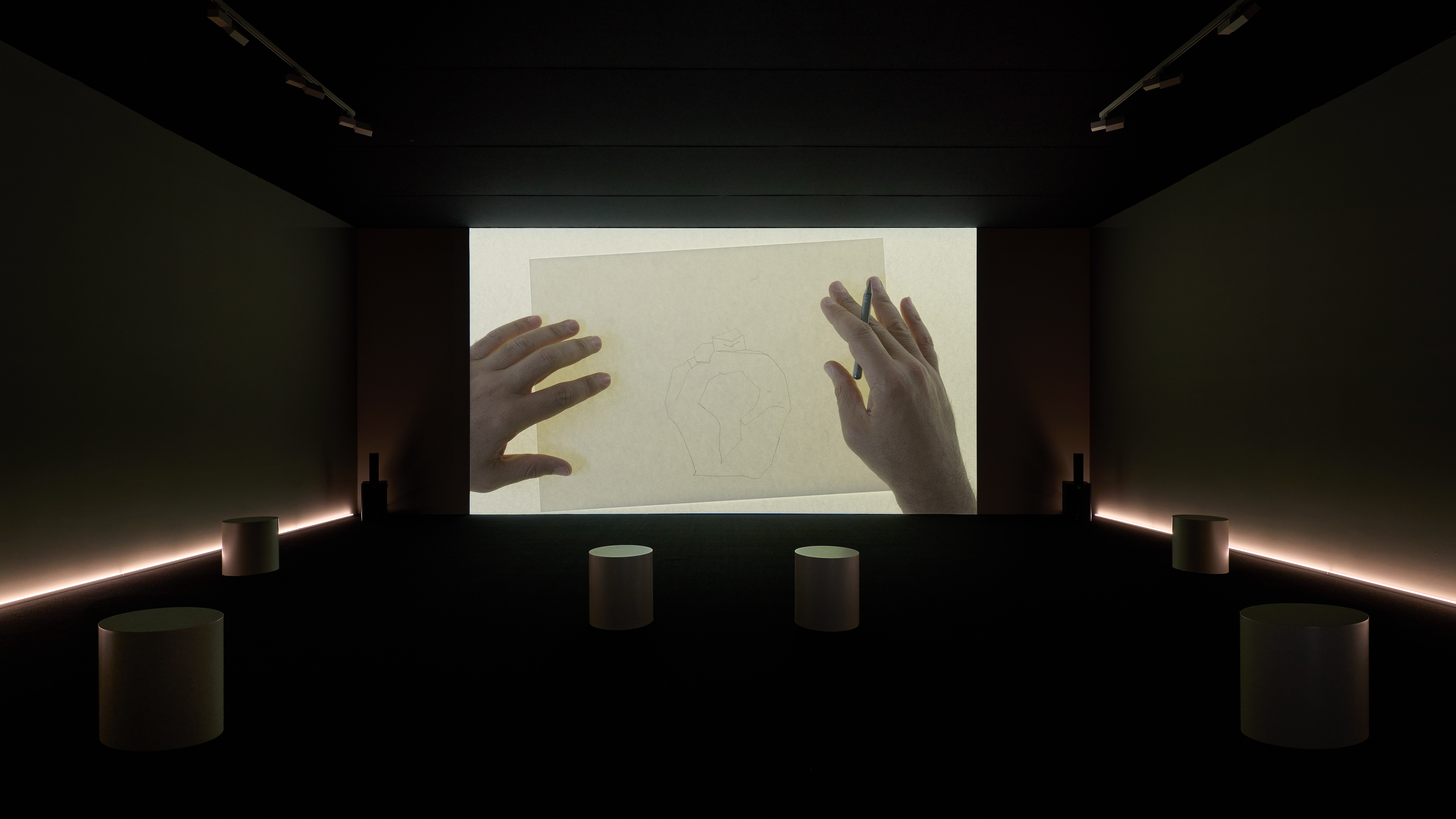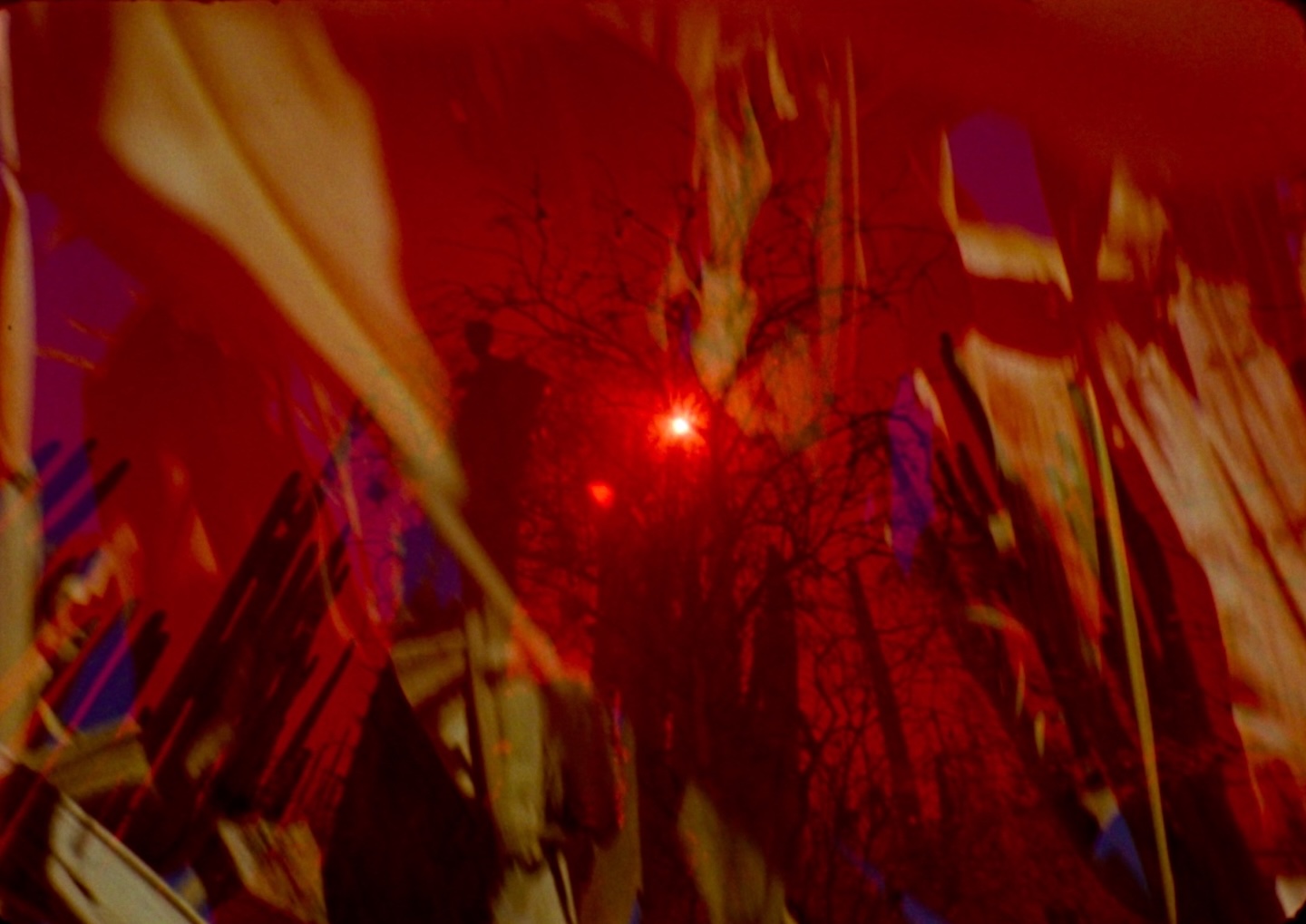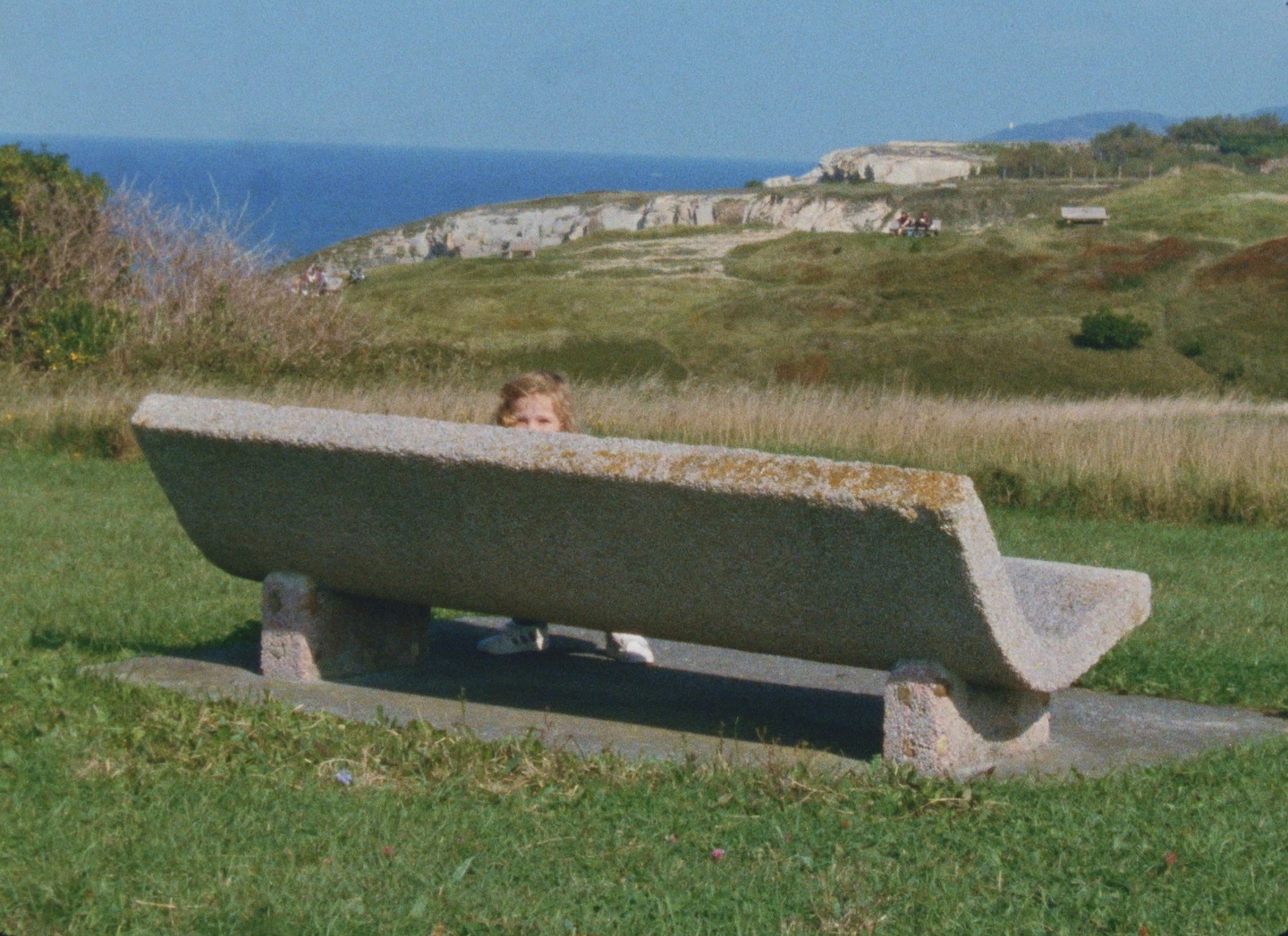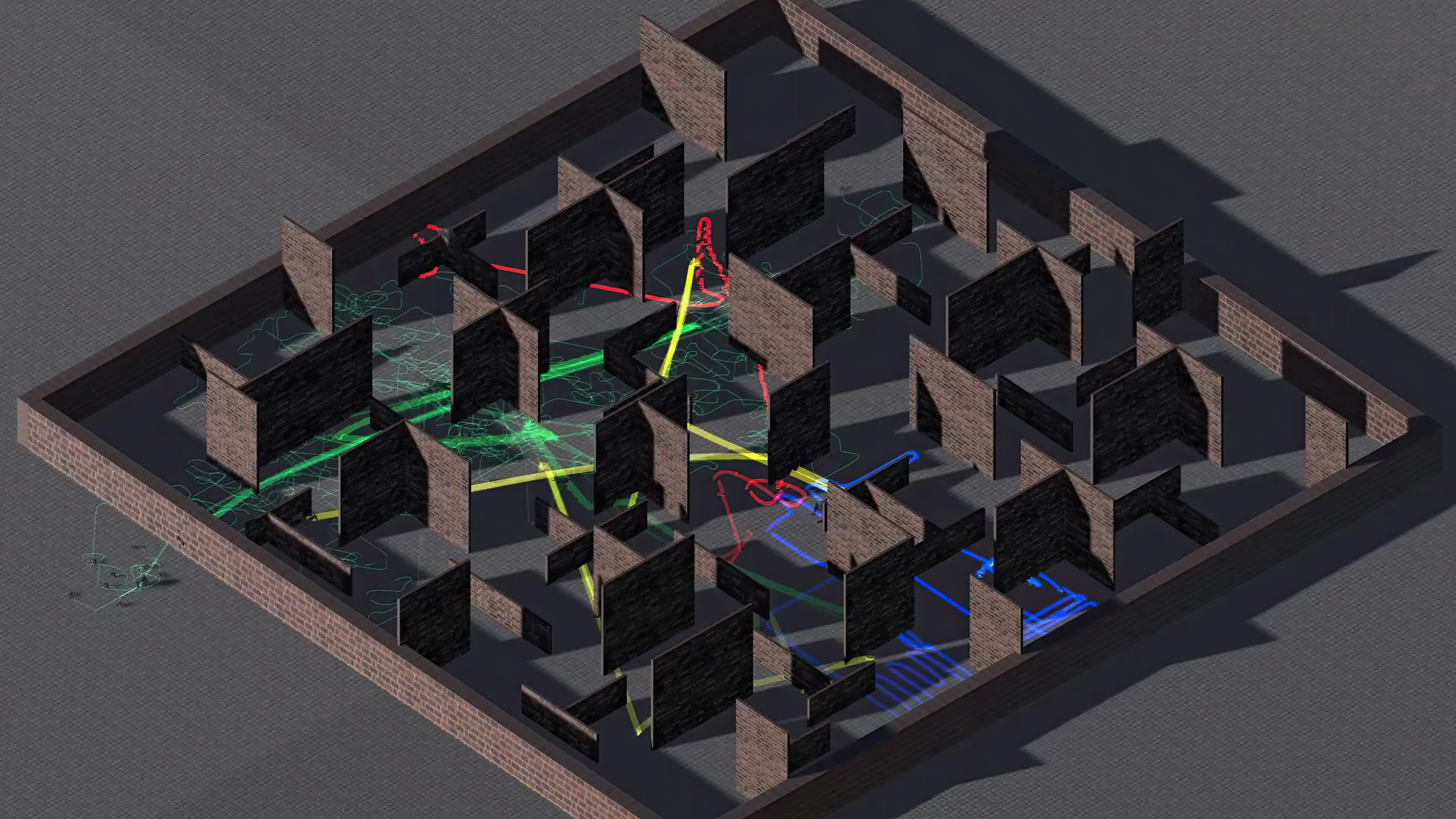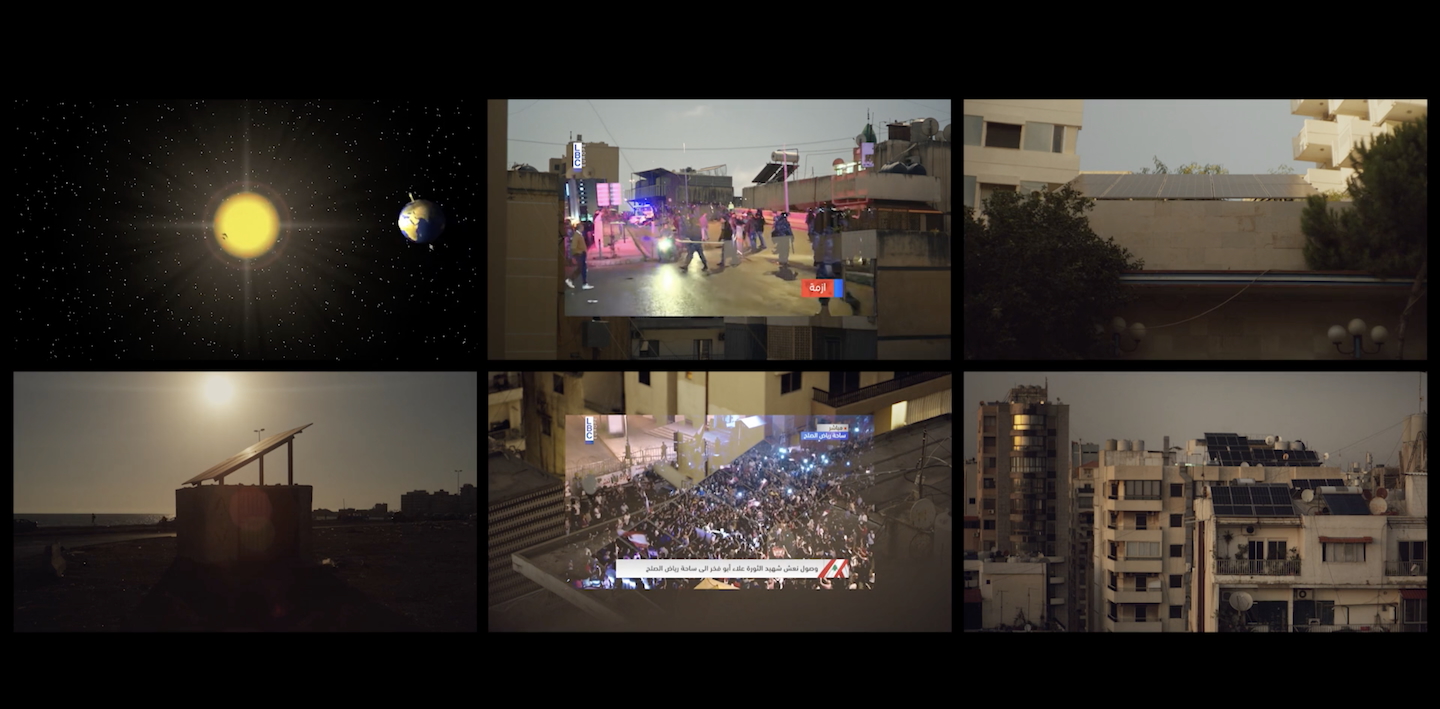Admission starts at $5
June 17, 2023, 5pm
Brooklyn 11205
USA
Join us at e-flux Screening Room on Saturday, June 17 at 5pm for a screening of Dara Birnbaum’s video works. The screening will be followed by an in-person conversation with the artist.
Throughout her career, Dara Birnbaum has consistently defied norms, challenging and reshaping the landscape of video art. Bridging the gap between high art and mass culture, Birnbaum has redefined the medium by dissecting and reassembling television programming and archival footage, and interrogating societal norms and cultural mythologies. Her works act as a commentary on gender roles, pop culture, and the pervasive influence of media, showcasing a distinct approach to video art that is both thought-provoking and transformative.
This selection of Birnbaum’s works spans her extensive repertoire and reflects a range of themes and innovative techniques. From her pioneering work, Technology/Transformation: Wonder Woman, that repurposes footage from the popular television series to critique the portrayal of female superheroes, to later works like Arabesque, which revisits historical art through a contemporary lens, Birnbaum consistently pushes the boundaries of the medium.
Her strategic use of video appropriation, remix, and montage techniques not only speaks to the complex interplay between mass media and identity, but also serves to challenge and subvert mainstream narratives. Each work reflects her ability to harness the power of video art as a tool for social critique, while simultaneously engaging the viewer with its visual and aural richness.
Birnbaum's evocative and compelling handling of potent themes has established her as a key figure in American video art. This screening will offer an opportunity to revisit and discuss her key works, which remain as impactful and relevant today as when they were first made.
The screening is part of Revisiting Feminist Moving Image, a series at e-flux Screening Room aimed at revisiting the origins, contexts, developments, and impact of feminist video art and experimental cinema around the world from the 1960s through today.
Films
Technology/Transformation: Wonder Woman (1978-79, 6 minutes)
In this seminal work, Birnbaum takes clips from the iconic Wonder Woman television series and manipulates them through repetition and disruption. The result is a critique on the hyperbolic representation of female power and its incongruities. The recycled scenes become a commentary on gender roles and mass media's power, with the heroine's transformations serving as an allegory for media manipulation.
Kiss the Girls: Make Them Cry (1979, 6 minutes)
Birnbaum dissects popular American television game shows, interweaving shots with sound and image effects that disorient and undermine their formulaic structure. The deconstruction lays bare the underlying power dynamics and gender stereotypes, transforming the banal source material into a critical commentary on media-induced sexism.
PM Magazine/Acid Rock (1982, 4 minutes)
In this work, Birnbaum applies a psychedelic lens to footage from a television lifestyle show, with striking color manipulation and sound distortion destabilizing the otherwise light-hearted content. The process creates a disconcerting, surreal viewing experience, challenging the viewer's perception of reality and media's influence on it.
Damnation of Faust Trilogy (1983-87, 22 minutes)
In this three-part series, Birnbaum pulls from Goethe's Faust, weaving in contemporary images and themes to create a modern interpretation. Through intricate video processing, the familiar narrative is challenged, leaving viewers to grapple with the enduring themes of desire, ambition, and the consequences of unchecked power.
Canon: Taking to the Street (1990, 10 minutes)
In Canon: Taking to the Streets, Birnbaum breaks with traditional documentary format. Using tools from the low-end and high-end of technology, she episodically views recent events of student activism in the United States. This is a study of the 1987 Take Back the Night march on the Princeton University campus. Birnbaum's treatment of the original student-recorded VHS footage reveals this march as having the potential to develop political awareness through personalized experience. The students attempt to “put across a historical message” that was started in San Francisco in 1978: the protest of any form of violence against women.
Arabesque (2011, 6 minutes)
In Arabesque, Birnbaum remixes historical performances of Robert Schumann's and Clara Schumann's compositions. The work emphasizes often overlooked contributions of female artists, highlighting their influence within a male-dominated canon. The visual reinterpretation of these classical pieces offers a refreshing perspective, questioning historical narratives and advocating for female recognition in art.
Mirroring (1975, 6 minutes)
Birnbaum presents a poignant exploration of self and identity through the manipulation of her own image in Mirroring. The film serves as an introspective journey wherein the subject, through varied reflections and distortions, begins to lose its original shape, suggesting the fluidity of self-perception and the impact of external influences on personal identity.
About the series
Revisiting Feminist Moving Image is a screening series at e-flux Screening Room that revisits the origins, contexts, and developments of feminist video art and experimental cinema from the 1960s to the present. The screenings feature a number of internationally renowned feminist experimental filmmakers and video artists. Aware of the different pace of development of feminist discourse in various parts of the world, the screenings accompanied by conversations with moving-image artists, art historians, and curators aim to inspire dialogue between various movements and waves of feminist moving-image art and to spark discussions on (g)local and transnational practices.
For more information, contact program@e-flux.com.
Accessibility
–Two flights of stairs lead up to the building’s front entrance at 172 Classon Avenue.
–For elevator access, please RSVP to program@e-flux.com. The building has a freight elevator which leads into the e-flux office space. Entrance to the elevator is nearest to 180 Classon Ave (a garage door). We have a ramp for the steps within the space.
–e-flux has an ADA-compliant bathroom. There are no steps between the Screening Room and this bathroom.
